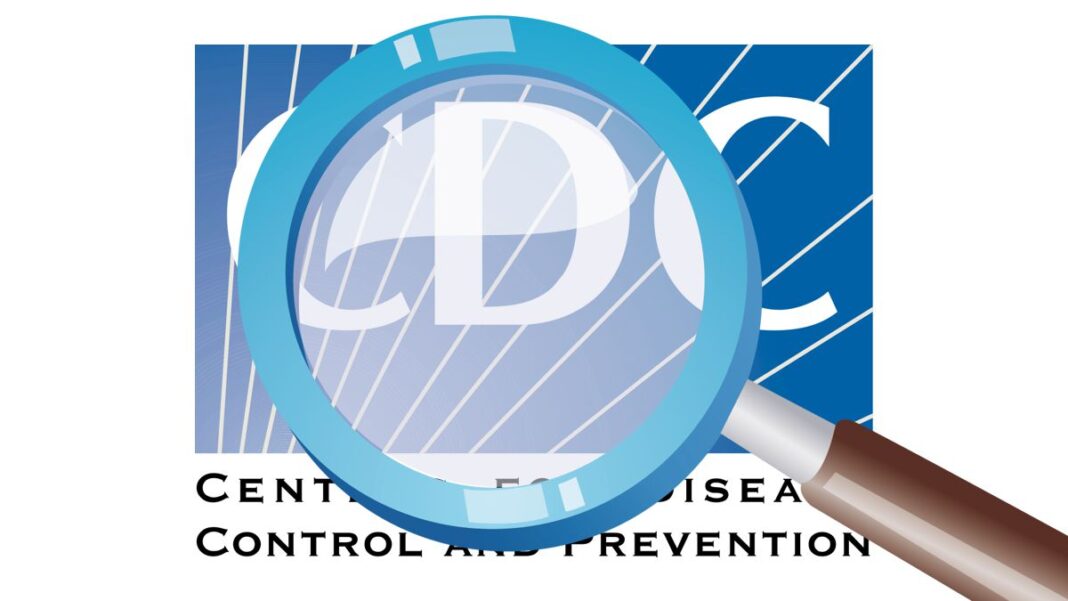Commentary
A jar of honey with lemon rinds at the store looked pretty wonderful to me but my friend balked. He took a look at the ingredients and found corn syrup, which he said is not egregious. It’s just a thickener. But he said no to the product based on its preservatives and chemicals designed to give it a long shelf life.
I was astounded. This product seemed perfectly fine to me. Just put a teaspoon in your tea and you have instant medicine, surely a path to making you healthier.
He responded: Why not just mix honey and lemon juice and maybe some rinds too? Make your own product.
Of course he is right. It’s an extra step but hardly a big deal in the scheme of things. Then I had to do a personal inventory. Why was I drawn to this jar? It’s because it offered the possibility of an experience with a lid. I don’t usually mix honey and lemon and put it in tea but if the product were sitting right there on the shelf to add with one spoon, I might more likely do it.
Here is the secret to American food consumption, why we are buying prepackaged experiences that get us from here to there with maximum convenience. Trillions of dollars have been made through this one insight. This is what the American consumer wants, the best at the most minimal expense of time and energy.
This attitude has created vast trouble for us in ways that are now overwhelmingly obvious. We’ve all seen the data on obesity, heart disease, and other forms of chronic illness. We spent years freaking out about an infectious disease while developing substance abuse, putting on weight, hiding inside, and generally letting health utterly collapse—all in the name of “public health!”
We wake up from that long nightmare only to find that the perpetrators of the fiasco were not being entirely truthful with the public. More details come out daily concerning deep institutional corruption and conflicts of interest at the highest levels of government, corporations, and once-trusted academies and nonprofit groups.







